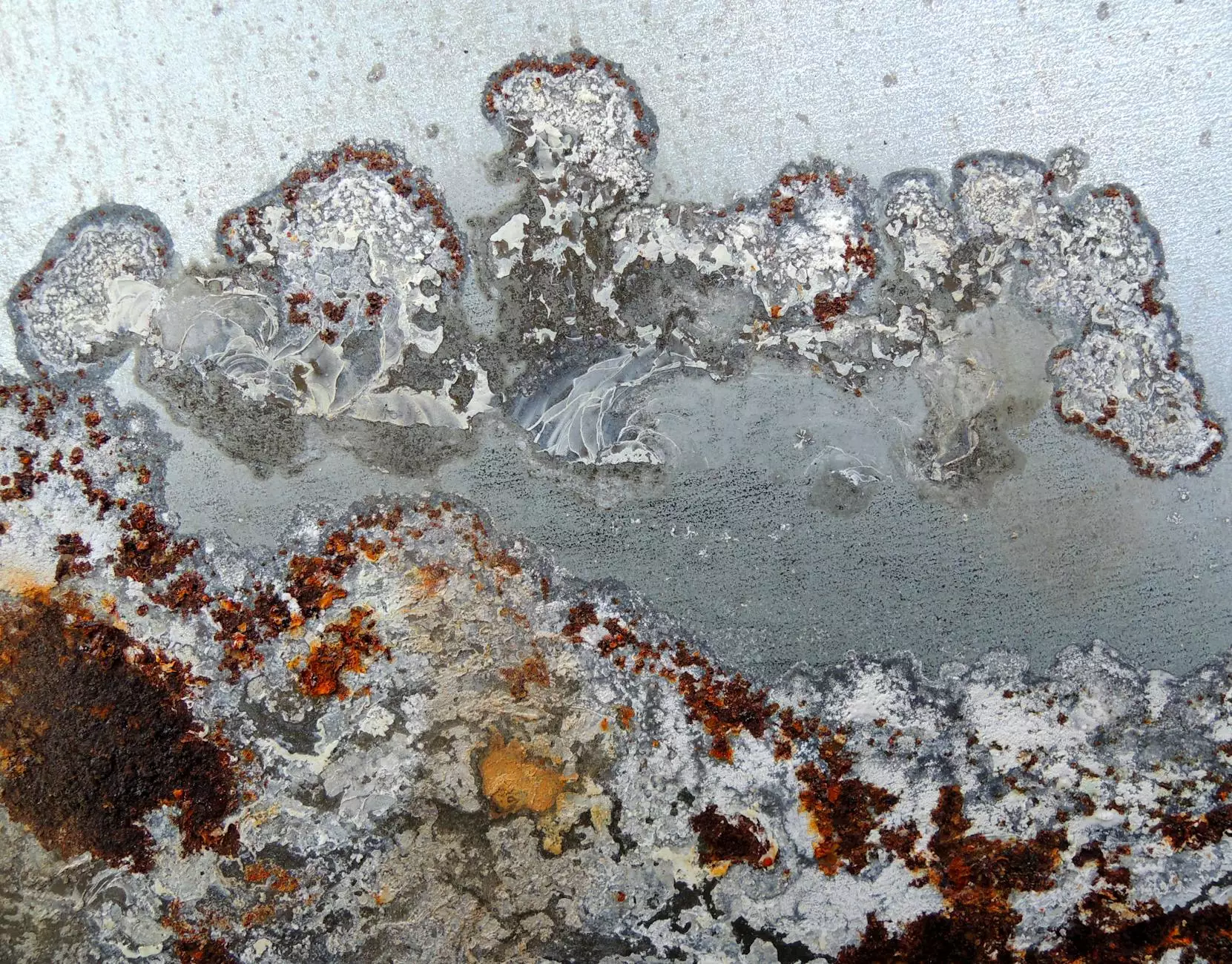The Importance of Visiting a Lung Doctor for Your Respiratory Health

In today's fast-paced world, it is crucial to prioritize our health. Respiratory health plays a vital role in our overall well-being, and consulting a lung doctor can be instrumental in achieving optimal lung function and preventing respiratory diseases. In this comprehensive article, we will explore the significance of lung health, how lung doctors can help, and why you should consider seeking their expertise.
Understanding Lung Health: Why It Matters
Your lungs are essential organs that facilitate breathing, allowing oxygen to enter the bloodstream and carbon dioxide to be expelled. Healthy lungs are crucial for physical performance, especially in sports and fitness. Poor lung health can lead to decreased energy levels, chronic respiratory diseases, and a significant decline in quality of life.
Common Lung Conditions Treated by a Lung Doctor
A lung doctor, also known as a pulmonologist, specializes in diagnosing and treating various lung and breathing conditions. Some of the common conditions they address include:
- Asthma: A chronic condition that causes inflammation and narrowing of the airways, leading to difficulty in breathing.
- Chronic Obstructive Pulmonary Disease (COPD): A group of lung diseases that block airflow and make breathing difficult.
- Pneumonia: An infection that inflates the air sacs in one or both lungs, which may fill with fluid or pus.
- Interstitial Lung Diseases: A group of disorders that cause scarring of lung tissue, affecting lung function.
- Lung Cancer: A severe illness that arises from abnormal cell growth in the lungs.
When to See a Lung Doctor
It's essential to be proactive about your respiratory health. Here are some signs that indicate it might be time to consult a lung doctor:
- Chronic Cough: If a cough persists for several weeks, it's crucial to get it evaluated.
- Shortness of Breath: Experiencing difficulty breathing, especially during routine activities, should not be ignored.
- Wheezing: A high-pitched sound during breathing can signal an underlying health issue.
- Chest Pain: Any unexplained chest pain should be examined as it may signal a serious condition.
- Frequent Respiratory Infections: Recurring infections may indicate an underlying lung problem.
Comprehensive Services Offered by Lung Doctors
Lung doctors provide a range of services essential for diagnosing and managing lung conditions. These include:
1. Pulmonary Function Tests
Pulmonary function tests (PFTs) assess how well your lungs are working. They measure lung volume, capacity, rates of flow, and gas exchange. These tests are crucial for diagnosing conditions like asthma and COPD.
2. Imaging Studies
Chest X-rays and CT scans are vital imaging tools that help lung doctors visualize the lungs and identify abnormalities or diseases.
3. Bronchoscopy
This procedure involves using a thin tube with a camera to examine the inside of the airways and collect tissue samples for diagnosis.
4. Allergy Testing
For patients with asthma or chronic respiratory issues, allergy testing can help identify triggers that exacerbate symptoms.
5. Treatment Plans
Lung doctors work closely with patients to develop customized treatment plans that may include medications, lifestyle changes, and pulmonary rehabilitation.
The Role of Lung Health in Sports Medicine
For athletes and individuals engaged in sports, optimal lung function is essential for peak performance. Lung doctors can play a critical role in sports medicine by:
- Assessing Lung Capacity: Identifying any limitations in lung function that could hinder performance.
- Preventing Exercise-Induced Asthma: Providing strategies to manage asthma and avoid triggers during physical activity.
- Improving Recovery Times: Designing breathing exercises and rehabilitation programs to enhance recovery.
Integrating Physical Therapy with Lung Health
Physical therapy is another important aspect of lung health. Lung doctors often collaborate with physical therapists to:
- Implement Breathing Exercises: Techniques that strengthen the diaphragm and improve lung capacity.
- Facilitate Physical Rehabilitation: Programs designed to help lung disease patients regain strength and endurance.
- Educate on Posture: Teaching proper posture and body mechanics can alleviate pressure on the lungs during physical activities.
The Benefits of Regular Check-Ups with a Lung Doctor
Regular check-ups with a lung doctor can lead to numerous benefits, including:
- Early Detection: Catching lung conditions in their early stages significantly improves treatment outcomes.
- Personalized Care: Ongoing consultations allow for tailored treatment plans based on individual health needs.
- Preventative Measures: Regular assessments help in adopting strategies to maintain lung health and prevent diseases.
- Education: Patients gain valuable knowledge about their health conditions, promoting proactive management.
What to Expect During Your Visit to a Lung Doctor
Visiting a lung doctor can be daunting, especially if it's your first time. Understanding what to expect can help ease your concerns:
- Medical History Review: Be prepared to discuss your medical history, including any existing lung issues, family history, and lifestyle factors.
- Diagnostic Tests: You may undergo various tests, such as PFTs or imaging studies, to help with diagnosis.
- Treatment Discussion: After assessments, the doctor will discuss findings and propose a treatment plan tailored to your needs.
- Follow-Up Appointments: Depending on the findings, regular follow-ups may be necessary to monitor your lung health.
Making Lifestyle Changes for Better Lung Health
In addition to professional medical care, certain lifestyle changes can drastically improve your lung health:
- Quit Smoking: Smoking is one of the leading causes of lung disease. Quitting can improve your lung function significantly.
- Exercise Regularly: Engaging in regular physical activity can enhance lung capacity and efficiency.
- Eat a Healthy Diet: A diet rich in fruits, vegetables, and omega-3 fatty acids can support lung health.
- Practice Good Hygiene: Regular handwashing and avoiding respiratory infections can prevent lung complications.
- Reduce Exposure to Pollutants: Limiting exposure to indoor and outdoor air pollutants can have a positive impact on lung function.
Conclusion: Taking Charge of Your Lung Health
In summary, consulting a lung doctor is vital for maintaining respiratory health and addressing any concerns about lung function. The expertise of lung specialists is invaluable, particularly for individuals engaged in sports or those with existing health conditions. By prioritizing lung health, undergoing regular check-ups, and making positive lifestyle changes, you can ensure a healthier, more vibrant life.
Remember, your lungs are essential to your well-being. Don’t hesitate to reach out to a professional if you have any concerns regarding your respiratory health!









